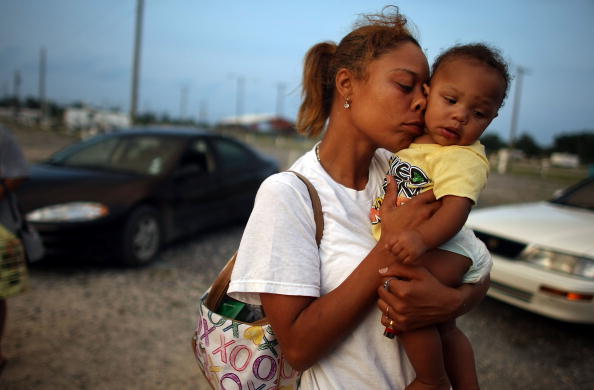
The practice of routinely drug testing low-income Michigan residents enrolled in the state’s welfare programs has been a questionable one since its implementation eight months ago, and the results of their latest round of screenings will likely surprise those seeking to make the practice permanent.
Under the program, welfare recipients are required to agree to the drug tests and are then required to seek treatment to continue receiving benefits if they fail to pass the test the first time around. Any person who fails the drug test a second time becomes no longer eligible to receive benefits until they can pass the test. Participants also have the option to refuse to take the test, which would result in the automatic forfeiting of benefits.
Black Congresswoman Proposes Bill to Drug Test Rich People Who Receive Tax Breaks
According to Think Progress, reports on the results of drug screenings from the first run of Michigan’s pilot program revealed that every participant willingly agreed to submit a drug test.
303 participants were tested in total and every one of them passed the test, with zero participants testing positive for drugs.
In addition to some lawmakers and residents constantly voicing their disapproval of the practice, experts have also pointed out that states will need to increase allocated funding for state-run treatment programs alongside the increased spending on the drug testing of welfare recipients in order to see lucrative results.
Plainly put, simply preventing people from receiving benefits will do little to help bring a solution to the widespread problems with drug addiction in low-income communities if there’s not just as much focus on ensuring that those affected are able to seek proper treatment and rehab.
WANT MORE FROM ESSENCE? Subscribe to our daily newsletter for the latest in hair, beauty, style and celebrity news.
